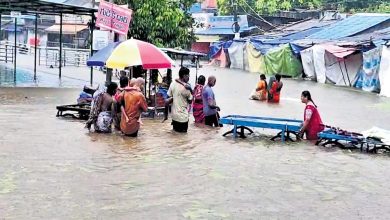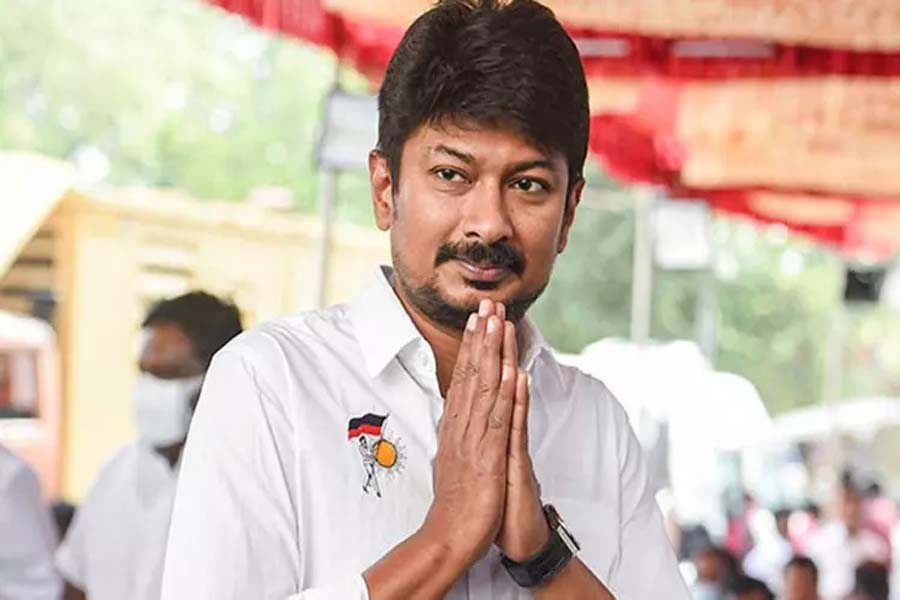Manipur: Caste conflict hampering the work of providing tap water connections

Imphal: The Manipur government said its ambitious target of providing drinking water connections to 4.5 lakh households this year under the Mission Jal Jeevan program has been disrupted due to the violent conflict that has continued for more than eight months in that state. Launched in 2019 with a budget of Rs 3.13742 million, primarily funded by the central government, JJM implementation is stalled at 77 percent, struggling to overcome hurdles posed by ongoing ethnic conflicts, The information according to a statement issued by the state directive. And public relations on Friday. La Mission Jal Jeevan is a symbolic program of the Centre, which aims to provide drinking water supply to all rural households in adequate quantity and of prescribed quality by 2024. Shangreifao Washumvo, engineer-in-chief of Manipur’s public health engineering department, stressed the disturbing impact of the violence and said that “the conflict has seriously disrupted the pace of the project, leading to transportation of materials from outside the state. has been disrupted.” “Logistical difficulties in conflict areas hinder the establishment of water and sanitation committees in villages, which are critical for overall rural coverage, thus delaying implementation on the ground,” Washumwo said. Despite providing services in and around Imphal through 17 water treatment plants, which require 124 million liters of water per day, there have been blockages in conflict-affected areas such as Kangchup, expansion of Kangchup and Potshangbam-II. Along with the vandalism in the oleoduct of Singda Treatment Plant, water supply was also severely restricted. However, Washumwo expressed confidence in resuming work in these areas by including young local neutral communities in the terms of the contract. Additionally, replacement of pipes and installation of intelligent meters to improve the efficiency of water distribution is planned to be completed by the middle of the year, the official said. Meanwhile, the lack of government-supplied water has forced households to rely on private suppliers, who buy about 5,000 liters of water monthly at the rate of Rs 350 per 1,000 litres. The official said there are concerns about the safety of purchased water without established government measures to monitor its quality. Deforestation and depletion of wetlands have also contributed significantly to the water scarcity problem in the state. Tourangbam Brajkumar, director-in-charge of the state’s medium environment and climate change department, said it is necessary to have a government policy focusing on reactivation of management and effective management of water allocation to avoid severe drinking water shortage. , “Manipur receives 1,600 mm of rainfall annually, which is much higher than other states like Rajasthan,” Tourangbam said. The amount of underground water, which has increased due to deforestation, has again increased in the catchment areas of the hills, causing the mountains to dry up and the water level of the rivers to decrease. “About 62 per cent of cultivable land in the state has dried up due to this incident”, Tourangbam said, stressing the urgency of a policy to reactivate agricultural land to mitigate the water crisis. Over the years the number of wetlands has reduced from 550 to just 119, he said, adding, “To address this problem, the department is actively participating in reviving the existing wetlands”. The impact of the conflict on critical hydrological infrastructure and the looming threat of man-made drought and disappearance of wetlands paint a grim picture of an impending hydrological crisis, the official said. He said immediate political intervention and concerted efforts are necessary to avoid the coming catastrophe.





